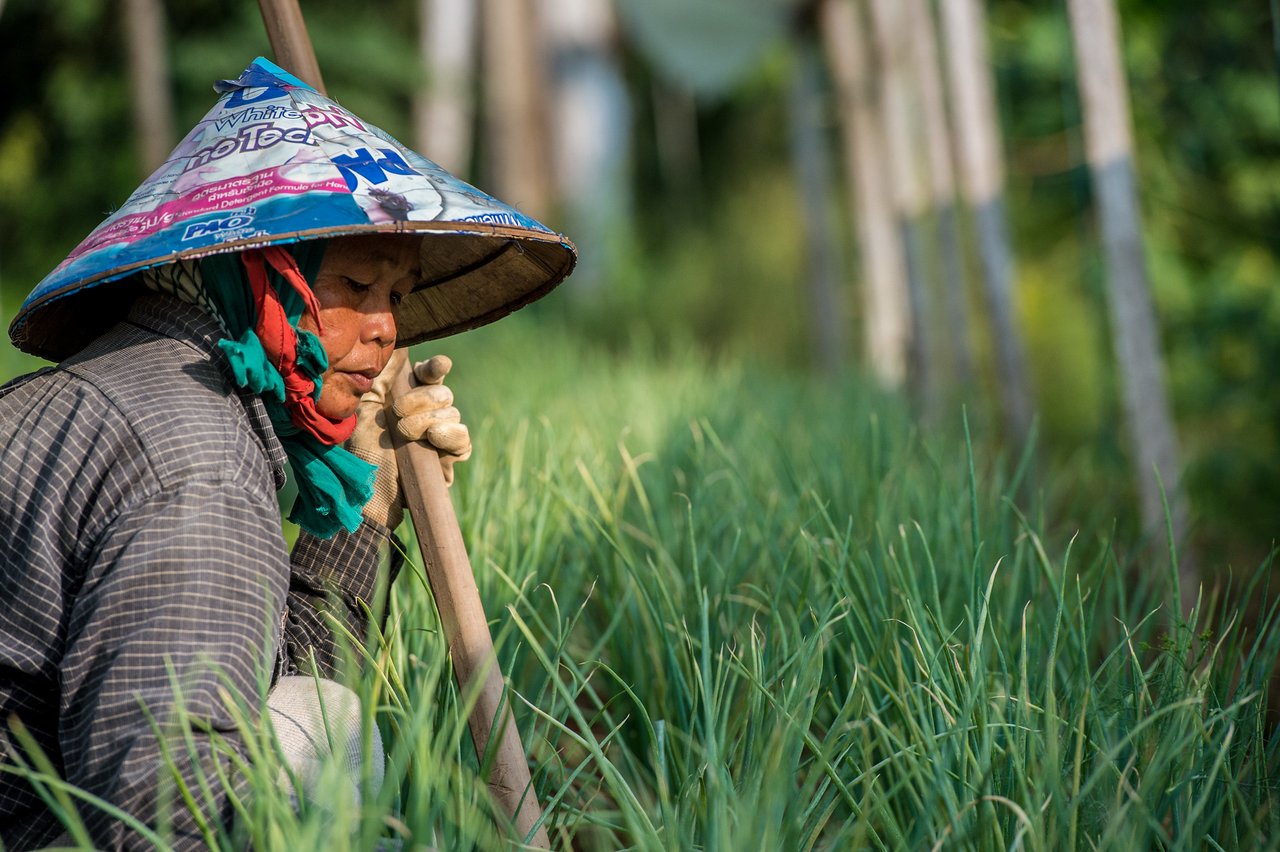
We should not destroy too much of what we are perceiving at earth. And the development to all times should be sustainable, meaning we should not destroy more than what is possible. But in competitions and in wars, everything is allowable, and hence we should win every battle that we are meeting and framing.
Sustainable development is the overarching paradigm of the United Nations. The concept of sustainable development was described by the 1987 Brundtland Commission Report as “development that meets the needs of the present without compromising the ability of future generations to meet their own needs. And that is our common future at the earth, and therefore we should not destroy too much rain forest and other sources of getting clean air!
Half of the world's oxygen is produced via phytoplankton photosynthesis. The other half is produced via photosynthesis on land by trees, shrubs, grasses, and other plants. As green plants die and fall to the ground or sink to the ocean floor, a small fraction of their organic carbon is buried.
Humans impact the physical environment in many ways: overpopulation, pollution, burning fossil fuels, and deforestation. Changes like these have triggered climate change, soil erosion, poor air quality, and undrinkable water. As a result, humans have directly altered at least 70% of Earth's land, mainly for growing plants and keeping animals. These activities necessitate deforestation, the degradation of land, loss of biodiversity and pollution, and they have the biggest impacts on land and freshwater ecosystems.
The upshot: Earth has at least 1.5 billion years left to support life, the researchers report this just recently in Geophysical Research Letters. If humans last that long, Earth would be generally uncomfortable for them, but livable in some areas just below the polar regions, Wolf suggests.
If natural resources are destroyed, there will be several consequences as for instance: oil erosion, Global Warming caused by the rise of greenhouse gases, Extinction of species and loss of biodiversity. And we will also get Flooding and Drought. And what will happen to our natural resources in the future? Our dependence on this non-renewable resources is diminishing our supply—and contributing to climate change. Some scientists predict we could run out of fossil fuels by 2060 if we don't shift toward alternative energy.
More frequent and intense drought, storms, heat waves, rising sea levels, melting glaciers and warming oceans can directly harm animals, destroy the places they live, and wreak havoc on people's livelihoods and communities. As climate change worsens, dangerous weather events are becoming more frequent or severe. We are just scientists all people on the planet, since we know different things, and what we know is either true or false.
Resources invested in human capital in Europe also remain rather stagnant despite the rising returns. Overall investment levels as a fraction of GDP do not change much over time in Continental and Mediterranean countries. Notable are the decreases in some countries, for instance in Finland and in Norway. And one key concept of Karl Marx's theory of capitalist economic crisis is the destruction of capital through crises. And Oliver Williamson is also treating the economic institutions of capitalism, and therefore we know what we have and what we get in the present and in the future. Karl Marx meant by this not only the destruction of physical capital assets, but also and especially of the value of capital assets. Accordingly, we should be skeptical if there is question about what can be destroyed, and we also should eliminate or reduce the risk of destroying any asset on the blue planet, to the fact that people are getting depressed. And we should not just think of ourselves in this life, but we should think about the people coming after us. We should therefore get an economic rent on doing many of our activities, and this means that we should acquire the extra amount earned by a resource (e.g. land, capital, or labor) by virtue of its present use. And that is the point of any society with having land, capital and labor as the ways to produce any value in the national economy in question!
Please do follow if you want to keep up with my next article. Any upvotes or resteems are hugely appreciated!
Latest article, check out :
The history of music artists; The case of Beth Hart!
Sverre Larsen
Kristiansand, Norway
Latest content: Travel, Art, Food, Article, Poetry

